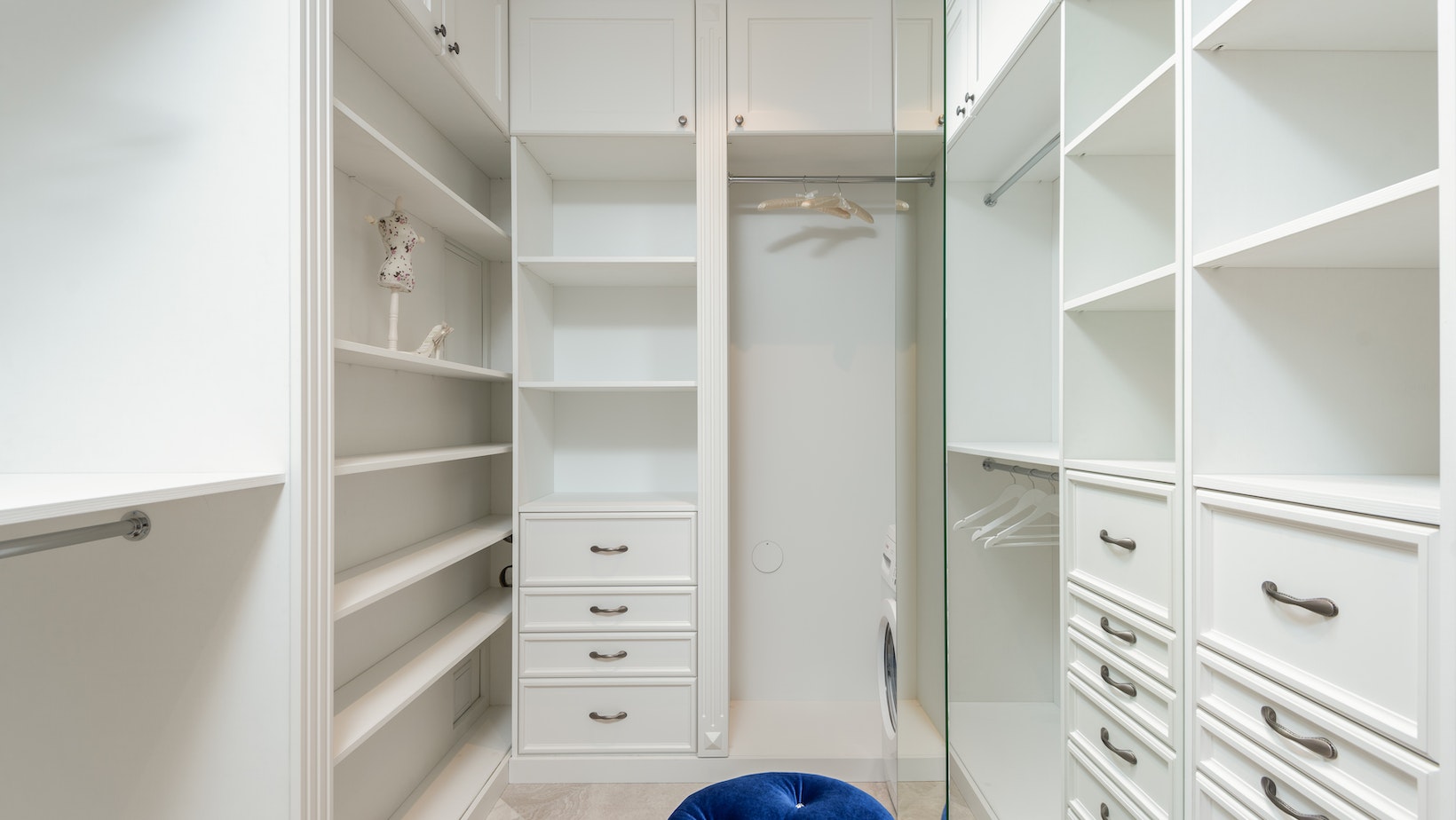
When it comes to creating a stylish and functional storage solution for your closet, shoji closet doors are a fantastic option to consider. Shoji closet doors are inspired by traditional Japanese design and offer a unique blend of elegance and practicality.
Shoji Closet Doors
When it comes to selecting the perfect shoji closet doors for your space, there are a few factors to consider. From the style and design options to properly measuring your space, each decision plays a crucial role in achieving the desired aesthetic and functionality. Let’s explore these aspects in more detail.
Factors to Consider
Before diving into the world of shoji closet doors, it’s important to assess your specific needs and preferences. Take into account factors such as:
- Privacy: Determine how much privacy you require for your closet space. Some shoji doors come with translucent panels that allow light to filter through while still providing a level of seclusion.
- Aesthetics: Consider the overall style and theme of your room or home. Shoji closet doors come in various designs, ranging from traditional Japanese-inspired patterns to modern minimalistic styles.
- Durability: Assess the material used for constructing the shoji doors. Opting for high-quality materials ensures longevity and resilience against wear and tear.
- Maintenance: Think about how much time you’re willing to invest in maintaining your shoji doors. Some materials may require regular cleaning or refinishing.
Understanding these factors will help narrow down your choices and make an informed decision when selecting shoji closet doors.

Tips for Maintaining and Cleaning Shoji Closet Doors
Choosing the Right Material
When it comes to maintaining and cleaning shoji closet doors, one of the first considerations is selecting the appropriate material. Shoji doors are traditionally made from wood frames with delicate paper panels. However, modern variations also include materials like vinyl or acrylic panels for added durability.
If you opt for traditional wooden shoji doors, ensure that they are treated with a protective finish to prevent moisture damage and prolong their lifespan. Regularly inspect the wood for any signs of wear or rot, and address these issues promptly to avoid further damage. Additionally, consider applying a sealant or varnish to protect the wood against stains and scratches.
On the other hand, if you choose shoji closet doors with vinyl or acrylic panels, maintenance becomes relatively easier. These materials are resistant to moisture and can be wiped clean using a mild detergent solution and a soft cloth. Avoid using harsh chemicals or abrasive cleaners that may cause discoloration or scratches on the surface.
Exploring Traditional Shoji Designs
Understanding the intricacies of traditional shoji designs is essential when it comes to maintaining their beauty over time. The paper panels used in shoji doors require special care due to their delicate nature. To keep them in pristine condition:
- Avoid touching the paper panels directly with dirty hands as oils from your skin can stain them.
- Use a feather duster or a soft brush attachment on your vacuum cleaner to gently remove dust from both sides of the panels.
- If there are stubborn stains on the paper, lightly dab them with a damp cloth using minimal pressure. Ensure not to saturate the paper as it can weaken its structure.
- Consider periodically applying rice glue (also known as rice paste) along any loose edges of the paper panels to reinforce them.
By following these simple steps, you can maintain the authenticity and charm of traditional shoji designs while ensuring their longevity.
Modern and Contemporary Shoji Styles
For those who prefer a more contemporary aesthetic, modern shoji closet doors offer a range of design options. These styles often incorporate alternative materials such as frosted glass or woven fabric panels. While the cleaning process for these materials may differ slightly, the overall maintenance remains relatively straightforward.
To clean frosted glass panels, use a non-abrasive glass cleaner and a lint-free cloth to remove fingerprints or smudges. Woven fabric panels can be vacuumed gently using a soft brush attachment or spot cleaned with mild detergent if necessary. Always refer to the manufacturer’s instructions for specific care guidelines regarding these alternative materials.
In conclusion, maintaining and cleaning shoji closet doors is crucial to preserve their beauty and functionality over time. By choosing the right material, understanding traditional designs, and considering modern variations, you can ensure that your shoji doors remain an elegant addition to your home for years to come.





